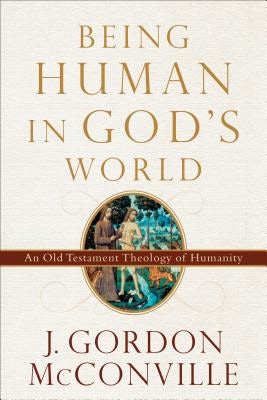Being Human in God's World
$28.00
Unit price
/
Unavailable
Shipping calculated at checkout.
Couldn't load pickup availability
Being Human in God's World


